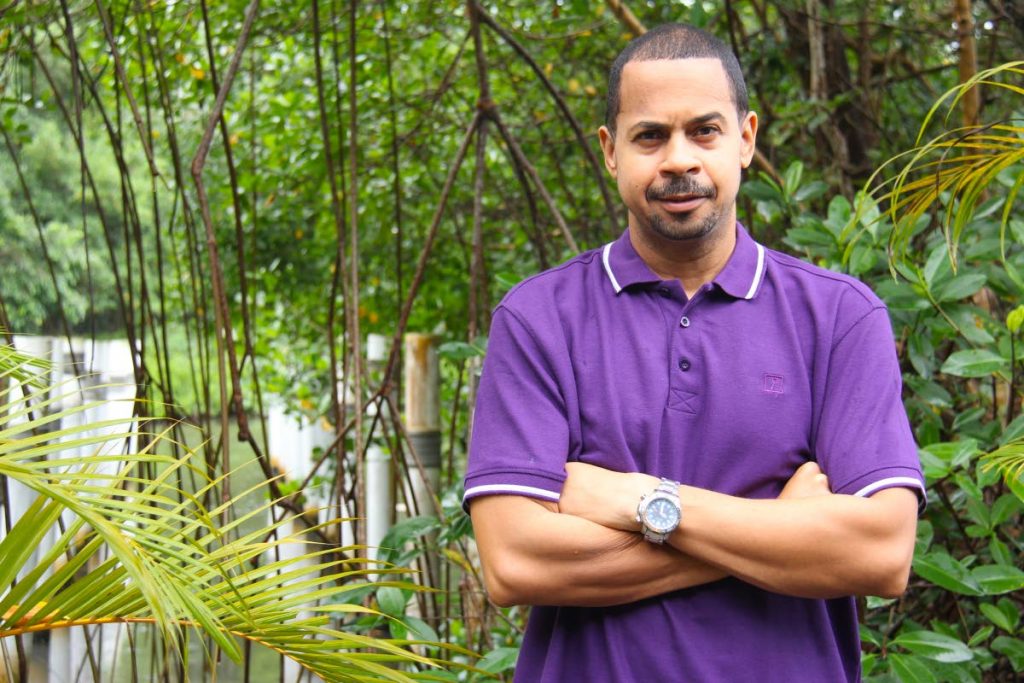Help for the vulnerable

THE RECENT shock “discovery” of a rehabilitation centre in Arouca reportedly keeping its charges in deplorable conditions rankled people across the country. It broke free the predictable avalanche of righteous indignation from onlooker/experts of the social media censure committee.
How could people be so heartless as to abandon their loved ones to the care of others without so much as a visit? That was just one of the questions floated online after judge, jury and executioner wrapped up the case and the prosecution even before the rehab centre’s clients had been identified.
This column isn’t going to pore over the details of the centre’s alleged transgressions. Instead, we should be focused on the utterly desperate circumstances in which many families find themselves trying to care for those who are unable to care for themselves.
Initial reports suggested the Arouca rehab centre was providing treatment for drug addicts. The problem in our society is much larger than that. In almost every home families are coping with dementia, addiction, mental illness, autism and developmental challenges.
The support services to help families manage these burdens are in woefully short supply. What many fail to understand is that all these conditions, Alzheimer’s, drug addiction, spectrum disorders, etc punish the afflicted and unaffected equally.
It’s easy to cast judgment on people we don’t know for making choices about their loved ones in a world of Hobson’s choice. Unless you’ve walked in the shoes of someone who scrambles to find a way to provide 24-hour care for a relative with an extremely challenging condition, it’s best to err on the side of keeping your mouth shut.
Alzheimer’s in a parent, for example, isn’t something I’d wish on the most evil person on Earth. To watch someone slowly diminish is extraordinarily difficult.
Each day a face you once knew becomes more and more a living phantasm trapped in an existential haze. Moreover, a defining characteristic of dementia is unyielding stubbornness that can break the will of the most indomitable spirit.
Many families unable to cope with the demands of helpless loved ones have few options to turn to. It isn’t uncommon to make a wrong turn.
Years ago I was approached by a young woman who placed her mother in the care of a home for the aged. That turned out to be an error in judgment, but a completely understandable one. Her mother was ill-treated and essentially abandoned in that so-called care facility.
What followed was an extensive investigative report into the state of several geriatric homes across the country. I am haunted to this day by what I discovered. I was spirited into a facility in north Trinidad by a nurse who was so troubled by the goings-on there she jeopardised her job to sneak me in.
The building was rundown and would never have passed inspection if health inspectors had ever visited. In one room there was a row of beds that seemed older than their occupants. Some were seemingly catatonic, others writhed and groaned in varying pitches and for different grievances.
The nurse led me to one particularly frail patient and turned her over on her side. This poor woman had bed sores on her back the size of saucers. I had never seen anything like that in my life. I didn’t understand what the hell they were or how they came to be.
In this large room where frayed mosquito nets billowed like ghouls above all those half-lives it was lights out at 7 pm. There was no television, no activities, nothing. Just fitful, painful confinement to bed.
In the kitchen the turncoat nurse showed me the rations for the patients. Relatives provided money for the preparation of meals for their loved ones. All I could see was weevil-infested flour, stale bread and tinned foods that looked like leftovers from the great war. Many of the facility staff, I was told, pilfered the best for themselves.
Perhaps most shocking to me was that this care home, this house of horrors in north Trinidad, was by no means the exception.
Also, I discovered so many other well-intentioned institutions in this country absolutely struggling to provide care for the young, the old and in-betweeners with varied challenges. All of them are barely existing on the fringes of society, beyond our general view, or what we choose to see. But more on that in next week’s column.


Comments
"Help for the vulnerable"